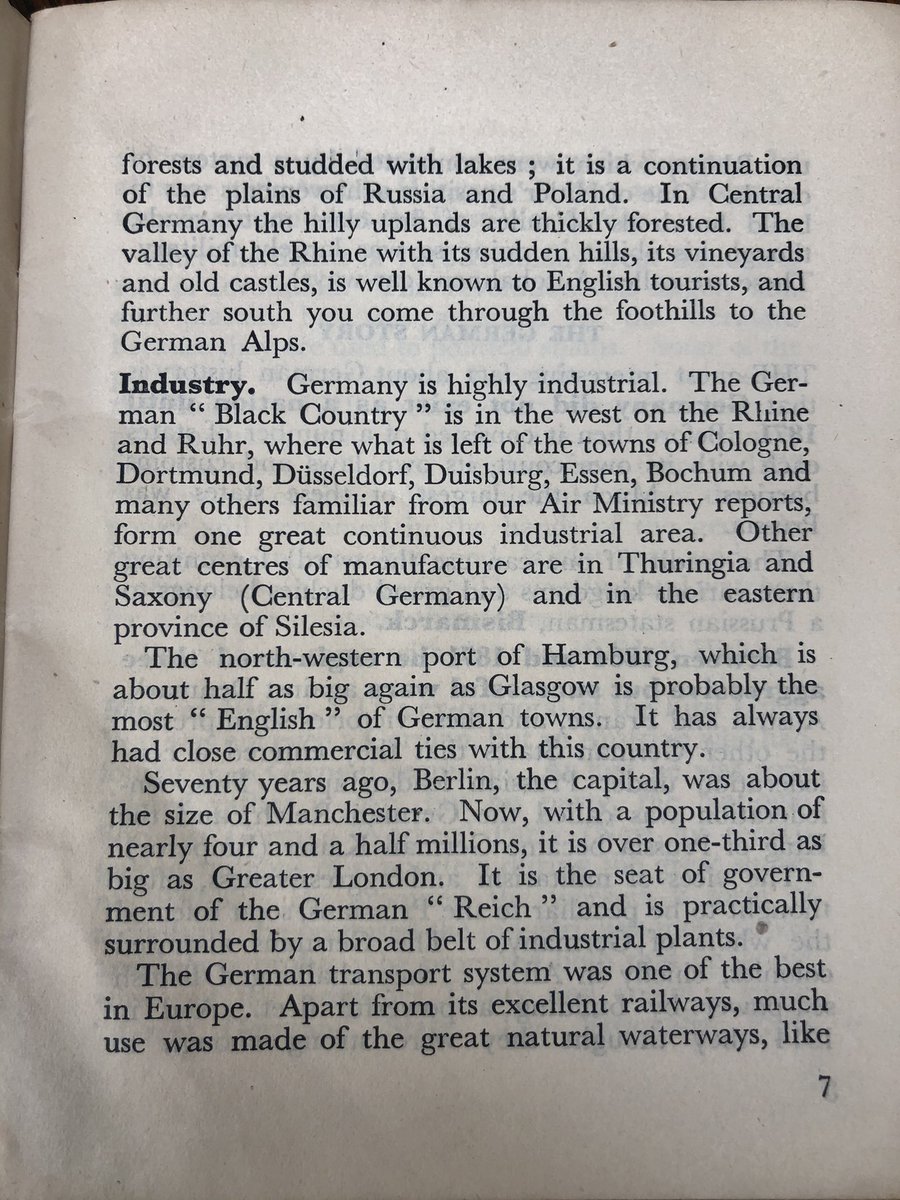
Deanehistory 73. Hat tip @TraderNeo1
This is the story of Eugene Lazowski’s private war.
Lazowski was a doctor in German-occupied Poland – and a very brave one. He escaped a Prisoner of War camp and returned to his home town of Rozwadów to work for the Polish Red Cross.
This is the story of Eugene Lazowski’s private war.
Lazowski was a doctor in German-occupied Poland – and a very brave one. He escaped a Prisoner of War camp and returned to his home town of Rozwadów to work for the Polish Red Cross.
The garden of his house was directly against the fence that enclosed the Jewish ghetto. Whilst Polish doctors were absolutely not allowed to treat the Jews, he knew that his duty to these most vulnerable people in awful conditions meant that he should somehow try.
A system emerged. When a prisoner of the ghetto became unwell, a rag would be tied to Lazowski’s fence. Remarkably, he would then break INTO the ghetto under cover of darkness, taking medicine to those who needed it & treating patients in rudimentary, moving medical facilities.
Of course, this created a problem. Pharmacies and surgeries keep records, and in this time of madness none of these people in dire need were meant to be his patients. So he systematically exaggerated and fabricated the medicine given to non-Jewish patients in his registers.
But he went yet further. The Nazis were terrified of germs. The Master Race particularly feared typhus, which had spread like wildfire in the trenches of the First World War. This, Lazowski realised, was potentially to his – and the Jews’ – advantage.
Medical practitioners were obliged to report all possible typhus cases to the German authorities, and dispatch samples of blood to laboratories run by the Germans to be tested.
The outcomes for confirmed cases were grimly bifurcated. Non-Jews with typhus were put into quarantine (& not detained in labour camps, to avoid outbreaks there). Jews with typhus were executed. But he realised that such procedures could still help those in the ghetto.
If enough cases arose in a particular area, an epidemic would be declared. The Germans would understandably seek to avoid regions so designated – allowing the population to live lives with interference from the Nazis running at a fraction of that seen in the rest of Poland.
Lazowski realised that the Weil-Felix test used to detect typhus could be “tricked.” Inject someone with dead bacteria and it would create antibodies in their blood, which on testing would yielding a false positive result for typhus.
So, unbelievably, he started whacking dead bacteria into the blood of basically anyone who came his way. Got a cough? A rash? Here, have some dead bacteria in your arm. Now we’d better send your blood off for some tests. Whoops, what’s this? TYPHUS!
Now, let’s note that he didn’t tell his patients what was going on. But a war was on and genocide was looming. Let’s also note that those so injected weren’t actually made sick by this. By this point he had a partner in his deception, Stanislaw Matulewicz (another doctor).
They spoofed the system carefully, producing more false positives in winter when genuine typhus would be more prevalent. They even referred some of those they’d injected with dead antibodies to other doctors, who would dutifully go on to report the fake typhus cases themselves.
Soon the case count rose to the point that their region was declared an ‘epidemic area,’ and tada, no Nazis.
The Germans were many things, but they weren’t dumb, and they couldn’t help but notice that nobody was actually dying. They sent a team to check things out.
The Germans were many things, but they weren’t dumb, and they couldn’t help but notice that nobody was actually dying. They sent a team to check things out.
Lazowski assembled the town's sickest-looking ppl (who he’d injected with harmless bacteria of course) & put them in a slummy building. One look at this & the Nazis thought “I’d rather be elsewhere please.” A couple of tests, which of course proved positive, & they hightailed it.
Lazowski and Matulewicz saved, on a rough estimate 8,000 people with this safe haven from the Germans over three years of occupation with a harmless bacteria injection.
Lesson: if you’re brave enough, all manner of ways exist to fight oppression. And not all involve fighting.
Lesson: if you’re brave enough, all manner of ways exist to fight oppression. And not all involve fighting.
• • •
Missing some Tweet in this thread? You can try to
force a refresh
















